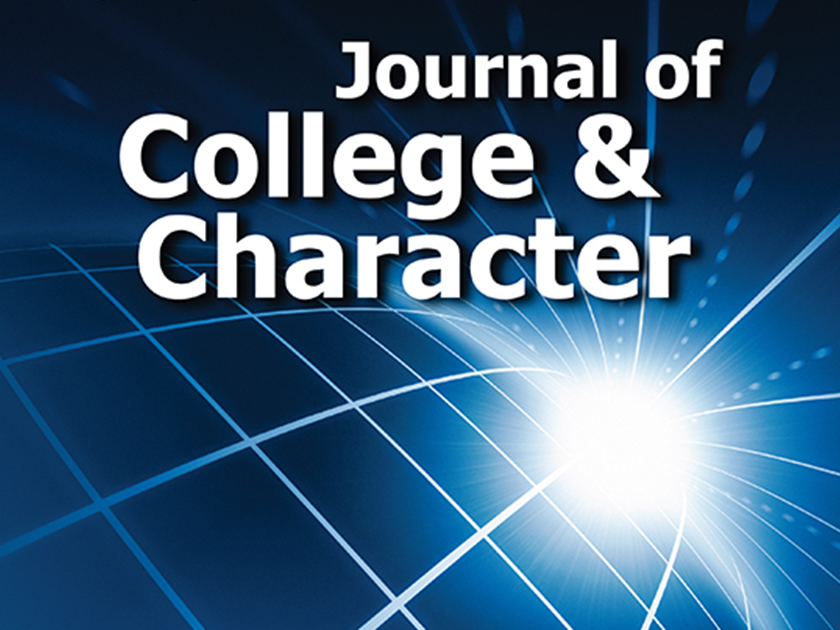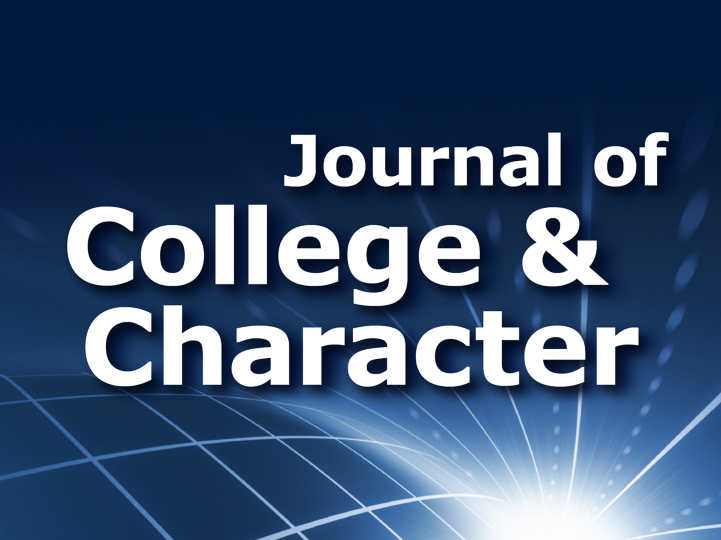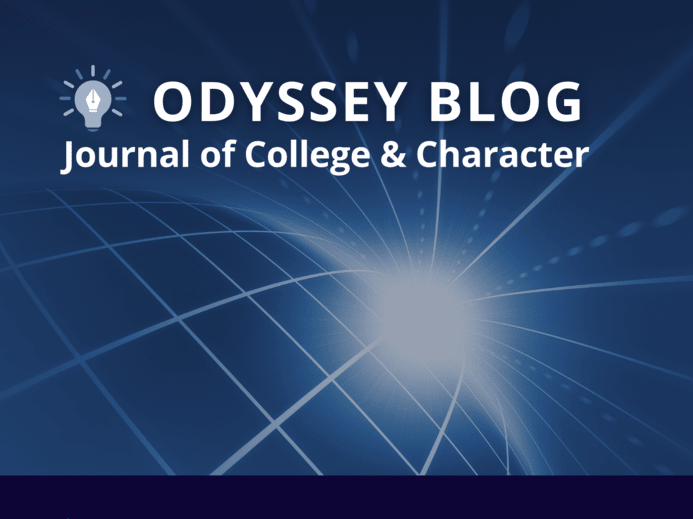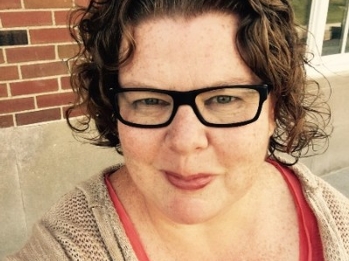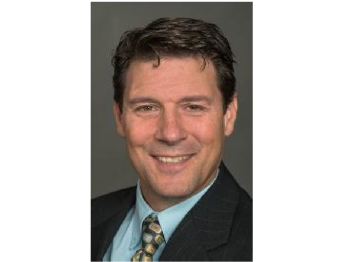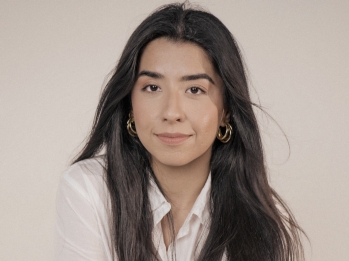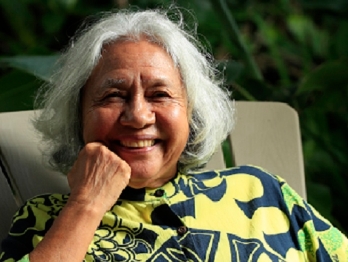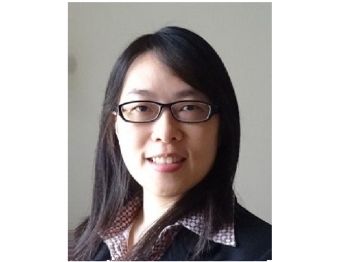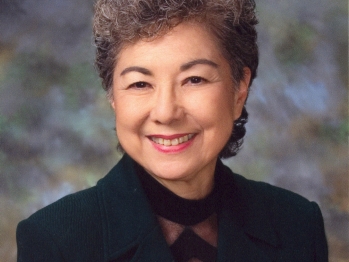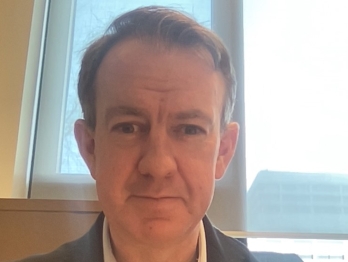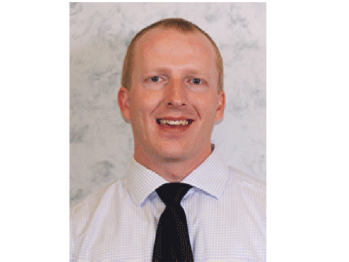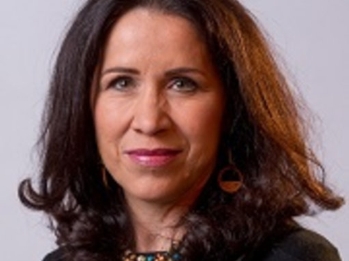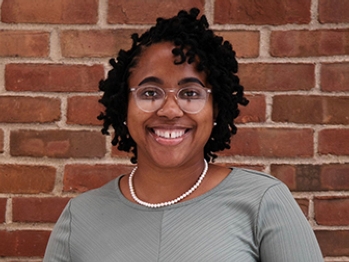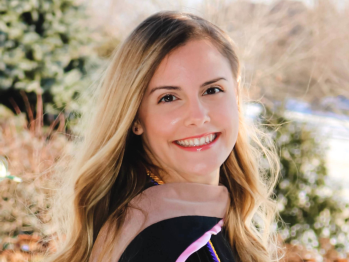August 2025, Vol. 11, No. 2
What Does the Free Speech Movement at UC Berkeley Mean in 2025?
What happens inside a university is not always a matter of public concern. Classroom pedagogy, innovations in food preservation or disease treatment, a college football team defeating its archrivals, or a public figure making a political pronouncement at a commencement ceremony may all make headlines—but they rarely sustain public attention. The fall of 1964 at the University of California, Berkeley (UC Berkeley) was not one of these events. It was a student revolt that defined the trajectories of politics inside campus for years to come. Read more.
Promoting Pre-service Teachers’ Critical Thinking Skills in Hybrid Learning Environments in Higher Education: Teachers’ and Students’ Perspectives
Critical thinking skills are essential in today’s educational landscape. They play a pivotal role in addressing future challenges and fostering economic competitiveness. However, many current teaching practices fail to effectively nurture fair-minded critical thinking. This study investigated how preservice teachers acquire and promote critical thinking skills, focusing on the perspectives of both instructors and students regarding pedagogical strategies in hybrid learning environments, particularly in the context of the AI age. Read more.
Supporting Queer and Trans* College Students Amidst Political Turmoil
The crises that continue to rock our society seem never ending, especially for queer and trans* folks who continue to deal with the politicization of their bodies and threats to change the legality of gay marriage. These sociopolitical debates pose challenges for people of all ages but especially for students at colleges and universities. Partaking in an institution that is heavily heterosexist and white-knuckling the gender-binary, queer and trans* students are already struggling to fit within higher education. Read more.
Faculty Support and Mental Health in Higher Education
The mental health crisis on American campuses has been increasing over the past several decades. The Healthy Minds Study received data from over 350,000 college students in the United States between 2013-2021 (Lipson et al., 2022). It found that over 60% of college students “met criteria for one or more mental health problems, a nearly 50% increase from 2013” (Lipson et. al., 2022, p. 138). How can faculty at institutions of higher education partner with students in promoting better mental health outcomes? I will explore how faculty can support students struggling with mental health and provide ideas for faculty to engage students as allies in this fight. Read more.
A Case for Caring: Humanizing Student Experience (Part II)
In our last article, we built the case for caring by showing that care pedagogy positively impacts student learning, engagement, and retention (Massaglia, Kruzic, & Martin, 2025). Care is more than “being nice”; care is a deliberate, theory-informed practice rooted in educational traditions such as humanistic learning theory, ethics of care, and critical caring pedagogy (Chinn & Falk‐Rafael, 2018; Maslow, 1968; Noddings, 2012). To recap, care is not inflating grades, telling students what they want to hear, saying “yes” all the time, and/or solving their personal problems. Read more.
